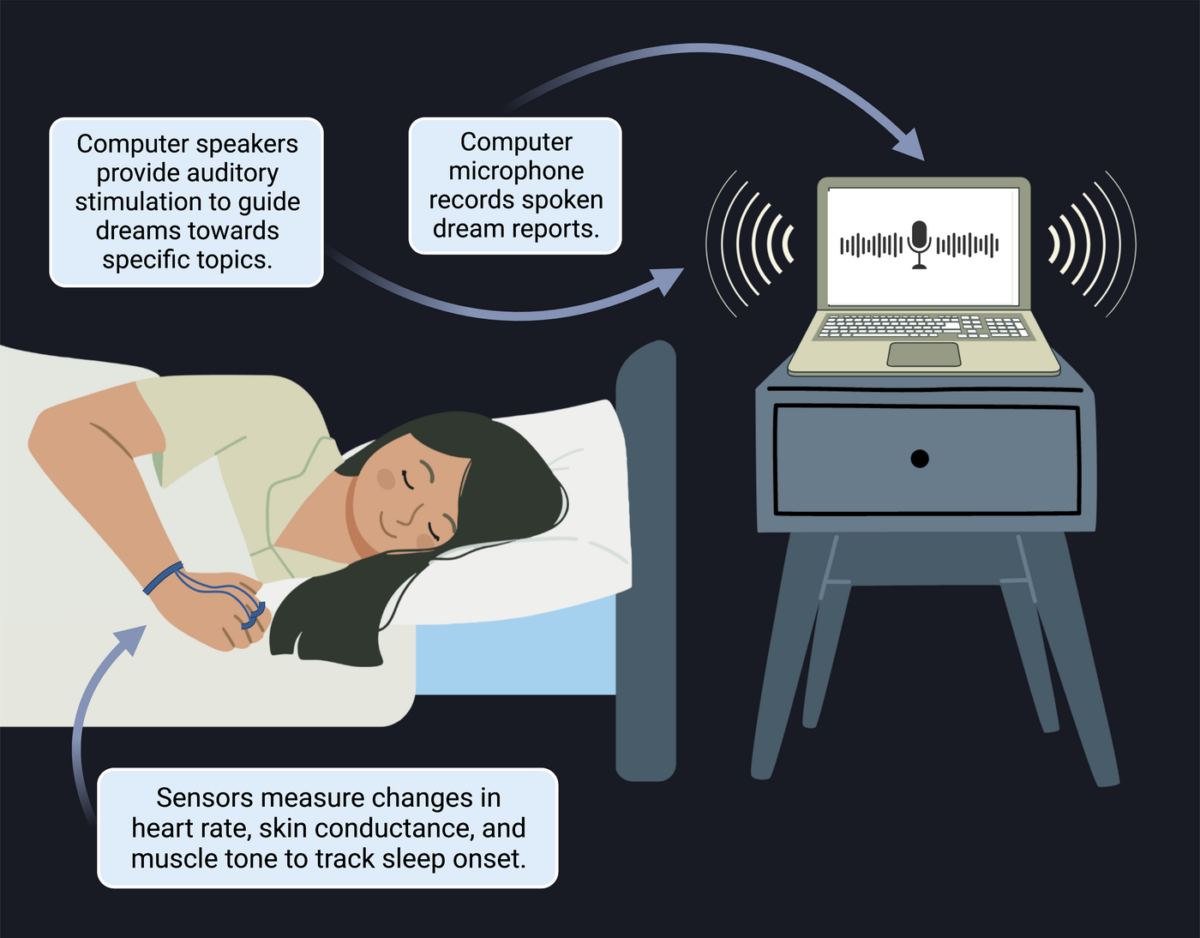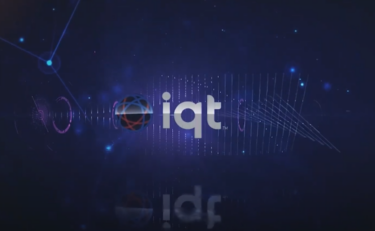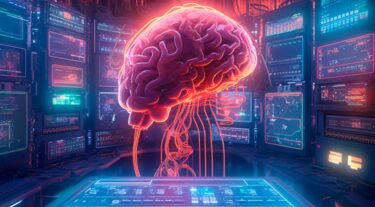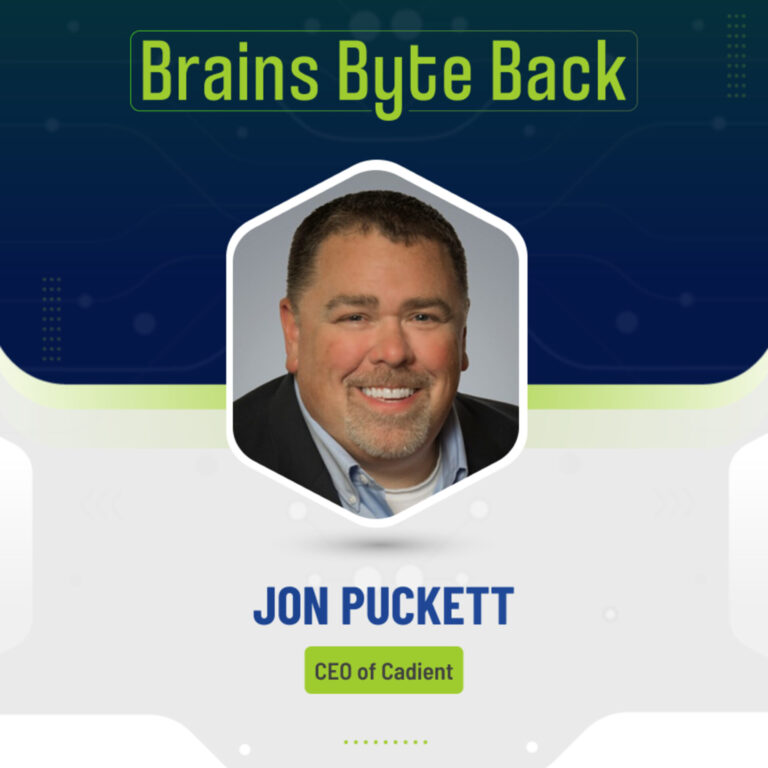The US Defense Advanced Research Projects Agency (DARPA) is looking to improve traumatic memory consolidation by modulating REM sleep for stress and trauma adaption.
This month, DARPA issued a Disruption Opportunity for a potential research program called “Rapid Eye Movement Restoration and Enhancement for Sleep-deprived Trauma adaptation” (REM REST), which “aims to identify neural mechanisms and demonstrate the ability to modulate REM sleep that improves stress adaptation and traumatic memory consolidation.”
“Targeted Dream Incubation may have applications as a learning tool that can improve memory consolidation”
Science Alert, 2020
Connecting post traumatic stress disorder (PTSD) with memory consolidation and REM, DARPA says that:
“Disrupted REM […] is associated with post-traumatic stress disorder (PTSD) and impaired emotional memory consolidation.”
Of particular interest to DARPA are “novel applications of existing neuromodulation technologies to target REM sleep and demonstrate ability to measure and enhance neural mechanisms of stress and trauma adaption.”
According to a MIT Media Lab study on dream engineering, “nearly any sensory stimuli has potential for modulating experience in sleep.”
“We present a novel protocol using a new wearable electronic device, Dormio, to automatically generate serial auditory dream incubations at sleep onset, wherein targeted information is repeatedly presented during the hypnagogic period, enabling direct incorporation of this information into dream content, a process we call targeted dream incubation (TDI)”
MIT Media Lab, 2020
Although DARPA’s REM REST makes no mention of dreams, the idea of modulating and even artificially implanting dreams is not far off.
After all, most dreams occur during REM.
In fact, MIT came up with hand-wearable electronic device called Dormio “to automatically generate serial auditory dream incubations at sleep onset, wherein targeted information is repeatedly presented during the hypnagogic period, enabling direct incorporation of this information into dream content, a process we call targeted dream incubation (TDI).”
While targeted dream incubation may be beyond the scope of REM REST, Science Alert says that there is “a similar experimental method called targeted memory reactivation (TMR), which reactivates specific memories that are triggered by a cue delivered during sleep,” which may prove interesting.

For REM REST, DARPA is looking for proposals that can “evaluate the mechanistic relationship with stress adaptation, traumatic memory consolidation, and/or other related emotional health and psychological resilience outcomes.”
Science Alert says that “TDI may have applications as a learning tool that can improve memory consolidation.”
With that in mind, could targeted dream incubation like in the movie Inception be among the proposals?
“Novel solutions to restoring and enhancing the mechanisms by which REM sleep promotes stress and trauma adaptation could provide important breakthroughs for treating sleep disturbances, improving overall sleep quality, and preventing PTSD and other behavioral health outcomes, such as suicide, associated with disrupted REM sleep”
DARPA REM REST, 2023
The US Department of Veteran Affairs says that seven percent of veterans will experience post-traumatic stress disorder at some point in their lives.
PTSD, according to some researchers, may be looked upon as a disorder of basic memory function.
As one study from 2015 states, “Approaching PTSD as a memory disorder, with a specific focus on (re)consolidation opens up exciting, new ways to think about treatment.”
And researchers from the University of Tsukuba and the University of Tokyo recently revealed that “adult-born neurons (ABNs) in the hippocampus, which is a brain region associated with memory, are responsible for memory consolidation during REM sleep.”
For REM REST, the Pentagon’s research funding arm is looking towards “novel solutions to restoring and enhancing the mechanisms by which REM sleep promotes stress and trauma adaptation” as this “could provide important breakthroughs for treating sleep disturbances, improving overall sleep quality, and preventing PTSD and other behavioral health outcomes, such as suicide, associated with disrupted REM sleep.”
Last year, under the premise of identifying people at risk of depression and suicide, the Pentagon’s research funding arm launched the Neural Evidence Aggregation Tool (NEAT) program, which focused on “aggregating preconscious brain signals to determine what someone believes to be true.”
While mental health among soldiers is a serious issue for the Department of Defense, applications coming out of the NEAT program have the very real potential to give governments and corporations the ability to hack human beings at the preconscious level.












